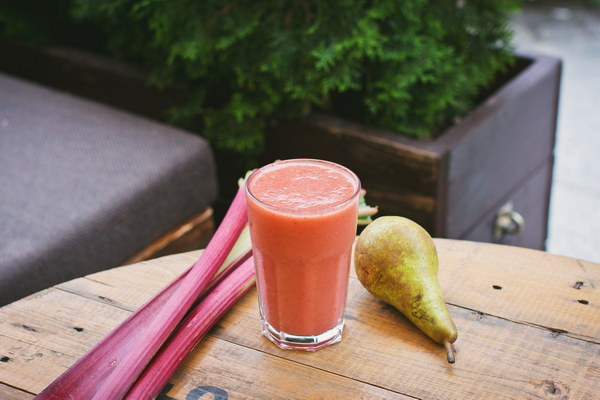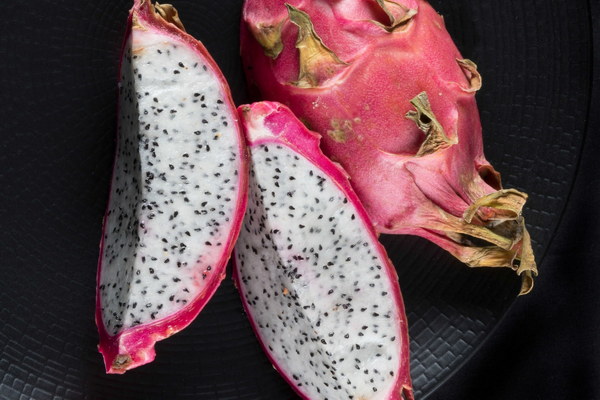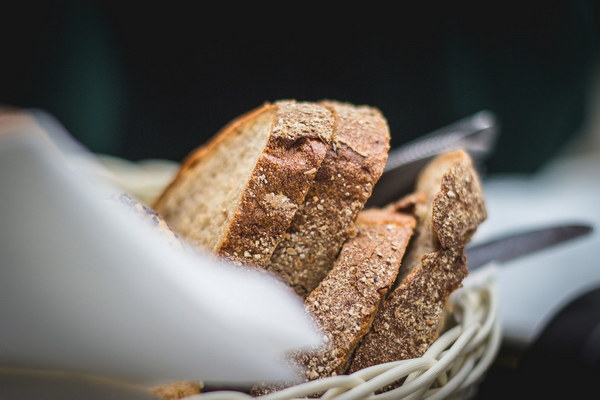Optimizing Well-being A Guide to Body Care Based on Physiological Age
In today's fast-paced world, maintaining a healthy lifestyle is crucial. However, it's essential to recognize that our bodies change with age, and what works for us at one stage of life may not be suitable for another. Physiological age, which reflects the actual condition of our body, plays a significant role in determining how we should care for ourselves. This article delves into the key aspects of body care based on physiological age, offering practical tips to help you optimize your well-being at every stage of life.
Younger Physiological Age (18-25 years)
During this stage, your body is generally in its prime, and you may not require extensive care. However, focusing on a few key areas can help you maintain your health and set the foundation for a robust future:
1. Nutrition: Incorporate a balanced diet rich in fruits, vegetables, whole grains, and lean proteins. Stay hydrated and limit processed foods and sugary drinks.
2. Physical Activity: Engage in regular exercise, such as cardiovascular workouts, strength training, and flexibility routines. Aim for at least 150 minutes of moderate-intensity exercise per week.
3. Sleep: Aim for 7-9 hours of quality sleep per night. Establish a consistent sleep schedule and create a relaxing bedtime routine.
4. Sun Protection: Protect your skin from UV rays by using sunscreen with an SPF of at least 30, especially when outdoors.
Mid-Life Physiological Age (26-45 years)
As you enter mid-life, your body begins to experience changes, and it's crucial to adjust your lifestyle accordingly:
1. Nutrition: Focus on nutrient-dense foods that support heart health, bone density, and hormonal balance. Increase your intake of omega-3 fatty acids, antioxidants, and calcium.
2. Physical Activity: Continue with regular exercise, but consider incorporating high-intensity interval training (HIIT) to boost your metabolism and improve cardiovascular health.
3. Mental Health: Manage stress through relaxation techniques, mindfulness, and social support. Prioritize mental health by seeking professional help if needed.
4. Regular Check-ups: Schedule routine medical check-ups to monitor your health and catch any potential issues early.
Older Physiological Age (46+ years)
As you age, your body's needs change, and it's essential to adapt your care routine accordingly:

1. Nutrition: Focus on nutrient-dense, easily digestible foods. Consult a nutritionist to ensure you're getting adequate vitamins and minerals, especially vitamin D, calcium, and omega-3 fatty acids.
2. Physical Activity: Incorporate low-impact exercises, such as walking, swimming, or yoga, to maintain flexibility and strength. Focus on balance and stability exercises to prevent falls.
3. Mental Stimulation: Engage in activities that challenge your brain, such as puzzles, reading, or learning a new skill. Social interaction and mental stimulation can also improve cognitive health.
4. Preventive Care: Continue with regular medical check-ups, and be proactive about managing chronic conditions, such as arthritis or diabetes.
In conclusion, caring for your body based on your physiological age is essential for maintaining optimal health and well-being. By understanding the unique needs of each stage of life, you can tailor your care routine to support your body's changing requirements. Remember, it's never too late to start making positive changes and investing in your health.









